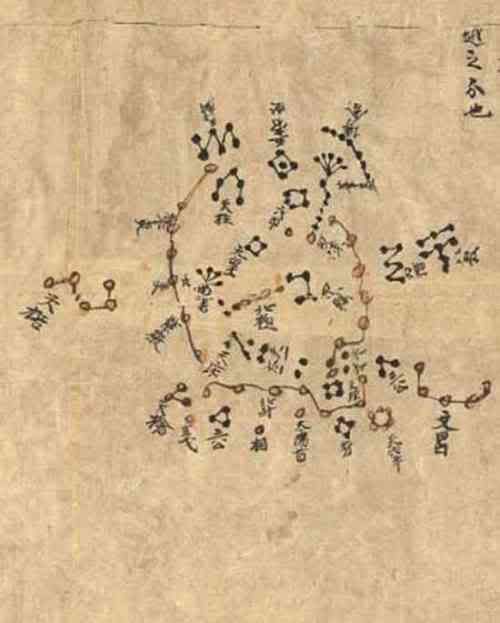Charlie had originally asked me to prepare a reflection on Advent for this Sunday, but because of time constraints we ended up not doing that. Given the previous post I thought it might be appropriate to share some of the thoughts I had:
(A brief note on theological jargon in the quote below: for all intensive purposes “eschatological” = end-time; “parousia” = coming; “eschaton” = end.)
We currently find ourselves in this advent season—this time of expectation as we wait for the celebration of Christ’s birth. Our lives as Christians are called into being by our past—that we are reconciled to God in Christ—and summoned forth by our future—that that reconciliation though often only dimly seen will be revealed; that that already present reality will be shown to be reality. Or as Paul puts it in Romans: “Creation groans and eagerly awaits the revealing of the sons and daughters of glory”. It is not a mistake that the church calendar is structured with this sense of expectation and restlessness, as it begins with Advent’s eager expectation of Christ’s birth, moves to Lent in expectation of Christ’s journey to the cross, looks forward from Good Friday’s loss to Easter’s joy, and moves through the 40 days of the Easter season in anticipation of the flooding of the Holy Spirit at Pentecost which finally occurs. Thus, our lives are defined by events before us and held firm by events to come. “Christ has died. Christ is risen. Christ will come again.” Though some would suggest otherwise, this does not provide occasion for either gleefully-vicarious vengeance as we hope for the judgment and punishment of those who have “wronged” us as Christians or negligent escapism as we fix our eyes to the skies and abandon this world because it will all be “destroyed anyway”. Rather, it is exactly this history outside of us—which we have been called to participate in—which summons us forth to be immersed in this world, ministering to the poor and oppressed, caring for the environment, and bearing witness to the Gospel in the entirety of our lives—not simply sections—as they are reoriented to God’s graciousness towards us. Drawing out the contours of Karl Barth’s theology and quoting him extensively, Eberhard Busch paints a beautiful picture of this as he notes that:
The hope of the kingdom of God “finds its basis in the fact that the coming is not just ahead but is
already an event…From the
enacted and present coming the New Testament looks for the future coming” (CL 247). The hope of God’s kingdom, that we cannot make, is not a humanly concocted idea, for the kingdom has already broken in as reality: “‘The kingdom of God is at hand’ means ‘the Word was made flesh and dwelt among us’ (John 1:14)” (CL 249). That in this Word the eternal God has assumed time for us is itself an eschatological event, and as such it is the ground for both the reality and our knowing of that reality of what the coming of the kingdom of God is and will be. The coming, the “parousia” of Jesus Christ, is not merely an image for a reality that is distinct from him; it is the coming of the kingdom of God. The eschaton of the future does not differ from the parousia of
Jesus Christ (CL 249-50). It is not “something better or the best…the
Lord is coming” (III/2 486-87), so that, however, the “new creation” could be seen in the event of his Easter advent (III/2 490). The hope of the community is set “on Jesus
himself” and not on the “attainment merely of abstract blessings,” on all further blessings only as “concomitant phenomena of His manifestation” (III/2 490). He himself is the covenant, fulfilled at his atonement, between God and us and ourselves and our neighbors. For this reason his coming is the coming of a new world. “He comes and creates righteousness…as the right order of the world that belongs to him. He comes and creating righteousness he abolishes the unrighteousness of people both in their relationship to him and also in their relationships to one another. He comes and sets aside not only unrighteousness but also the lordship of the lordless powers…restoring to man the freedom over his abilities of which they had robbed him, reinstituting him as the lord of the earth which he may and should be as the servant of God. He comes and with him comes that ‘peace on earth among men with whom he is pleased.’…This peace on earth, actualized when God himself comes as King and Lord and creates and establishes it, is the
kingdom of God” (CL 237).
--Eberhard Busch,
The Great Passion, 282-83.
So then, during this Advent season let us draw near in worship, not in naïve sentimentality, not in superficial joviality, but with utmost realism; that the present reality—with all its darkness and discord—is not the final word; that the final word, God’s “yes” to humanity, has been spoken to us in
the Word, Jesus Christ. Let us come together in expectation of Christ’s coming in humility and poverty as the child in the manger, and in expectation of his coming in glory and honor when truly his will will be done “on earth as it is in heaven”.


